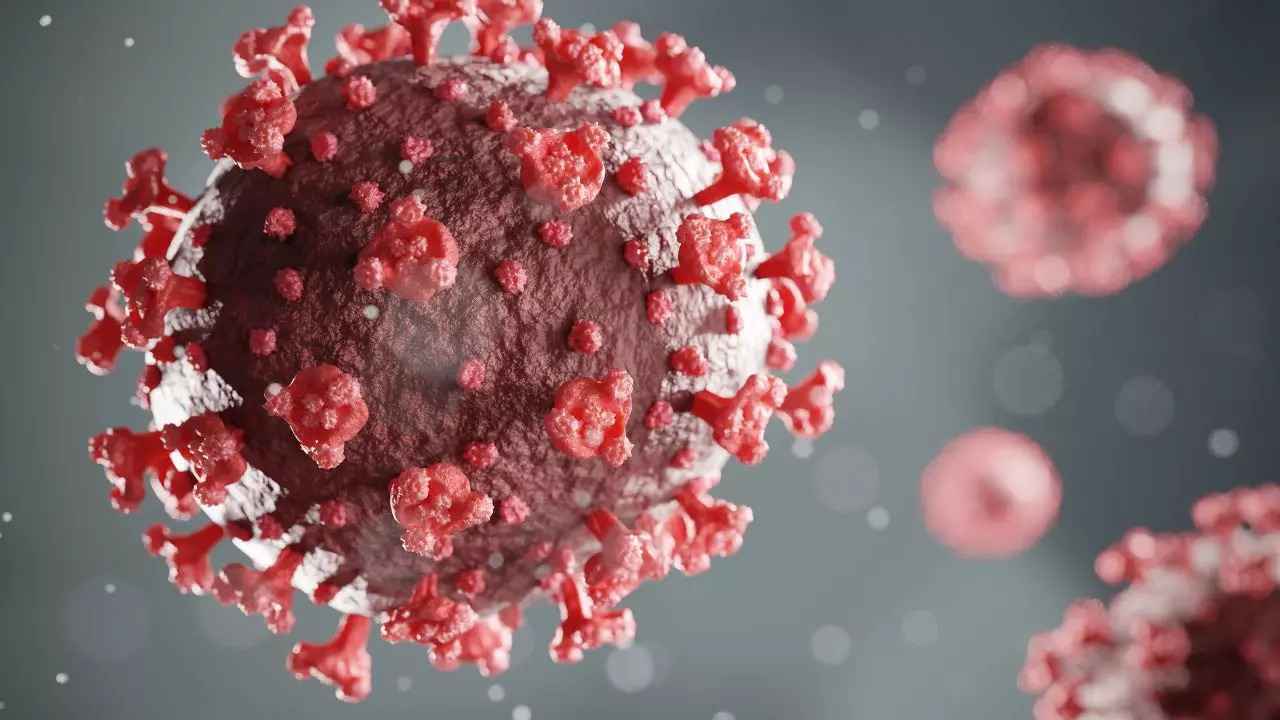Study finds cause of long-lasting COVID-19 symptoms
A new study showed that damage to the brain stem, which is the brain’s “control center,” is behind the lasting physical and psychiatric effects of serious illnesses. COVID-19 infection. The study was carried out by researchers from the universities of Cambridge and Oxford and published in the journal Brain.
For the study, researchers used ultra-high-resolution scanners that can see the living brain in great detail to observe the damaging effects of COVID-19 on the brains of 30 people who had been admitted to the hospital with a serious infection earlier in the year. 19th century. pandemic.
Severe COVID-19 infection can cause long-lasting physical and psychiatric effects, also known as “long COVID.” Physically, people may experience persistent fatigue, shortness of breath, chest pain, and muscle weakness, which can last for months. In severe cases, damage to the lungs, heart and kidneys can also occur, leading to complications such as pulmonary fibrosis or heart failure.
On the other hand, neurological symptoms such as headaches and difficulty concentrating (brain fog) are common. On a psychological level, many patients may report anxiety, depression and post-traumatic stress disorder (PTSD), related to the trauma of hospitalization, isolation and the impact of the disease on daily life.
The study revealed how SARS-CoV-2 affects regions of the brain stem associated with shortness of breath, fatigue and anxiety. Professor James Rowe, from the Department of Clinical Neurosciences, who co-led the research, said: “The brainstem is the critical junction between our conscious self and what is happening in our body.
“The ability to see and understand how the brain stem changes in response to Covid will help explain and treat the long-term effects more effectively.”
Fatigue, shortness of breath and chest pain were worrying and long-lasting symptoms among several patients admitted to hospital at the beginning of the pandemic. The team hypothesized that these symptoms were partly the result of damage to key nuclei in the brain stem, which persists long after the infection has passed.
The study found that multiple regions of the brainstem; the medulla oblongata, pons, and midbrain showed abnormalities consistent with a neuroinflammatory response.
These appeared several weeks after hospital admission and in the brain regions responsible for controlling breathing. Brainstem changes were also linked to increased depression and anxiety among COVID-19 survivors.
Dr. Catarina Rua, from the Department of Clinical Neurosciences, said the effects “go beyond the effects of age and gender, and are most pronounced in those who have had severe COVID-19.” The researchers said the results may also help decode other conditions associated with brainstem inflammation, such as multiple sclerosis and dementia.
(With inputs from IANS)
Disclaimer:
The information contained in this post is for general information purposes only. We make no representations or warranties of any kind, express or implied, about the completeness, accuracy, reliability, suitability or availability with respect to the website or the information, products, services, or related graphics contained on the post for any purpose.
We respect the intellectual property rights of content creators. If you are the owner of any material featured on our website and have concerns about its use, please contact us. We are committed to addressing any copyright issues promptly and will remove any material within 2 days of receiving a request from the rightful owner.

